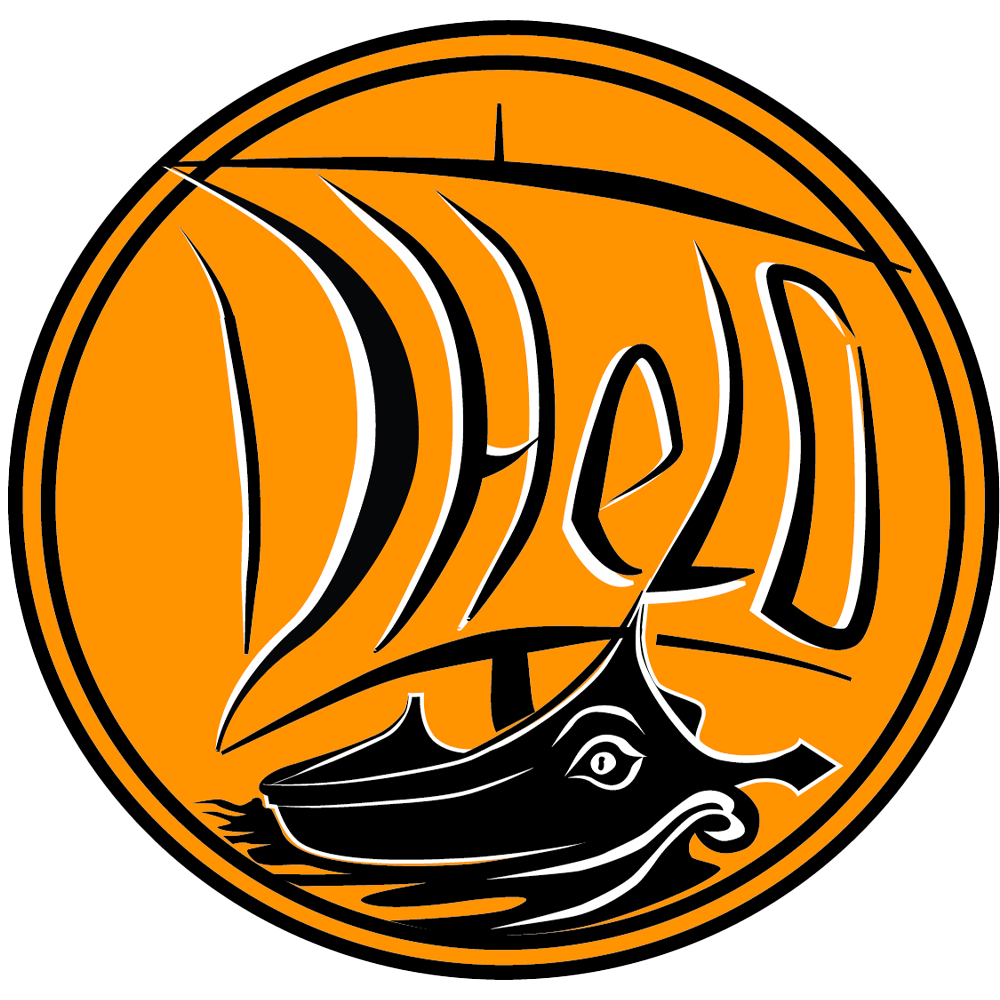Contribute
This section allows users to actively contribute to the growth and enrichment of the DHeLO platform by submitting metadata about digital resources related to cultural heritage and heritage science. On the left, you can select the class of the resource you wish to describe. You may repeat the process as many times as you like, contributing multiple records across different categories.
Each contribution helps expand the network of research outputs documented within DHeLO and strengthens the platform’s role as a reference point for digital heritage practices. The classes currently available reflect established resource types used within the digital humanities and are implemented using vocabularies such as Dublin Core and FOAF. Below is a short description of each class:
-
Project
Based on the FOAF class foaf:Project, this category is used to describe research initiatives, institutional projects, or collaborative activities that have generated digital outputs. A project in this sense is understood as a planned endeavor involving coordinated actions and contributors, often linked to specific objectives and timeframes. -
Dataset
This class corresponds to dcmitype:Dataset and includes structured collections of data resulting from research activities. Examples include excavation databases, geospatial datasets, analytical tables, or documentation archives intended for reuse and long-term preservation. -
Interactive Resource
Based on dcmitype:InteractiveResource, this class includes digital resources designed for user interaction. These may consist of web applications, virtual exhibitions, dashboards, or other interfaces that allow users to navigate, manipulate, or query cultural heritage data. -
Tool
Referring to dcmitype:Software, the Tool class encompasses digital applications, plugins, scripts, or codebases used for processing, analyzing, visualizing, or publishing cultural heritage data. These tools play a critical role in enabling and shaping research workflows.
By contributing metadata to one or more of these classes, you support the findability, accessibility, and interoperability of cultural heritage data, in line with the FAIR principles. If you need assistance or have any questions during the submission process, please don't hesitate to contact us using the form provided.
Thank you for helping us build a richer, more connected digital heritage community.

